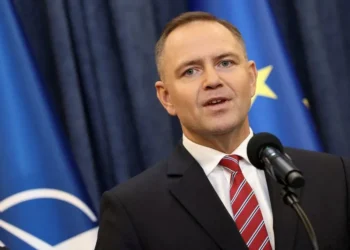Fitch, a ratings agency, has per its report findings on Ghana’s economy suggests that, its ratings may be downgraded to the barest minimum if large fiscal deficit and public debt are not effectively handled.
Its latest review of the economy further stresses that the ambitious pursuit of fiscal consolidation could also heighten public debt trajectory and affect the country’s ratings.
Government’s revised budget, approved by parliament on August 7, forecasts the deficit to reach 11.4% of GDP in 2020, up from 4.7% in its initial budget.
The 2021-2024 budget guidelines released on August 17, indicate that the 2020 fiscal deficit could rise even higher to 12.2% of GDP.
“We had expected a substantial, temporary deterioration in the budget balance in 2020, in line with the shock from the coronavirus pandemic. However, the pace of fiscal consolidation over the medium term outlined in the government’s latest forecasts represents a bigger departure from our assumptions”.
“Projections in the budget guidelines suggest that the deficit will remain above the 5% ceiling until 2022, but still record a primary deficit even in 2024, against the FRA requirement of a primary surplus”.
“A failure to substantially narrow fiscal deficits in 2021-2024 may result in a significant increase in the ratio of public debt to GDP,” it explained.
The report titled ‘Ghana’s Slow Fiscal Consolidation May Add to Rating Strains’, highlighted the Need for the country to comprehensively narrow its fiscal deficit in 2021 to 2024 or risk high public debt to GDP.
“Ghana’s ratios of public debt and interest costs relative to fiscal revenue are very high compared with the median for other ‘B’ rated sovereigns, pointing to the urgency of fiscal consolidation.
“In April, when we affirmed Ghana’s rating at ‘B’, with a Stable Outlook, we highlighted a weakening of public finance metrics relative to our base-case scenario, for example due to failure to implement a credible consolidation strategy after the election in December 2020, as a factor that could lead to negative rating action”, it pointed out.
Furthermore, it said “the government’s projections may signal that the coronavirus crisis has weakened the administration’s previous commitment to a fiscal adjustment beginning in 2021.
“Nevertheless, the medium-term fiscal forecasts are subject to a high degree of uncertainty. Notably, the general election could influence the direction of policy”.
Ghana’s issuance of a $3 billion Eurobond in February 2020 supports its short-term external liquidity position.
The International Monetary Fund also approved a USD1 billion emergency Rapid Credit Facility for the country in April. The central bank’s financing of part of the fiscal deficit further eased the need for external funding.
The UK based ratings agency overall warned that if the country fails to implement a credible consolidation strategy after the Presidential and Parliamentary elections in December, it could lead to negative rating action.























